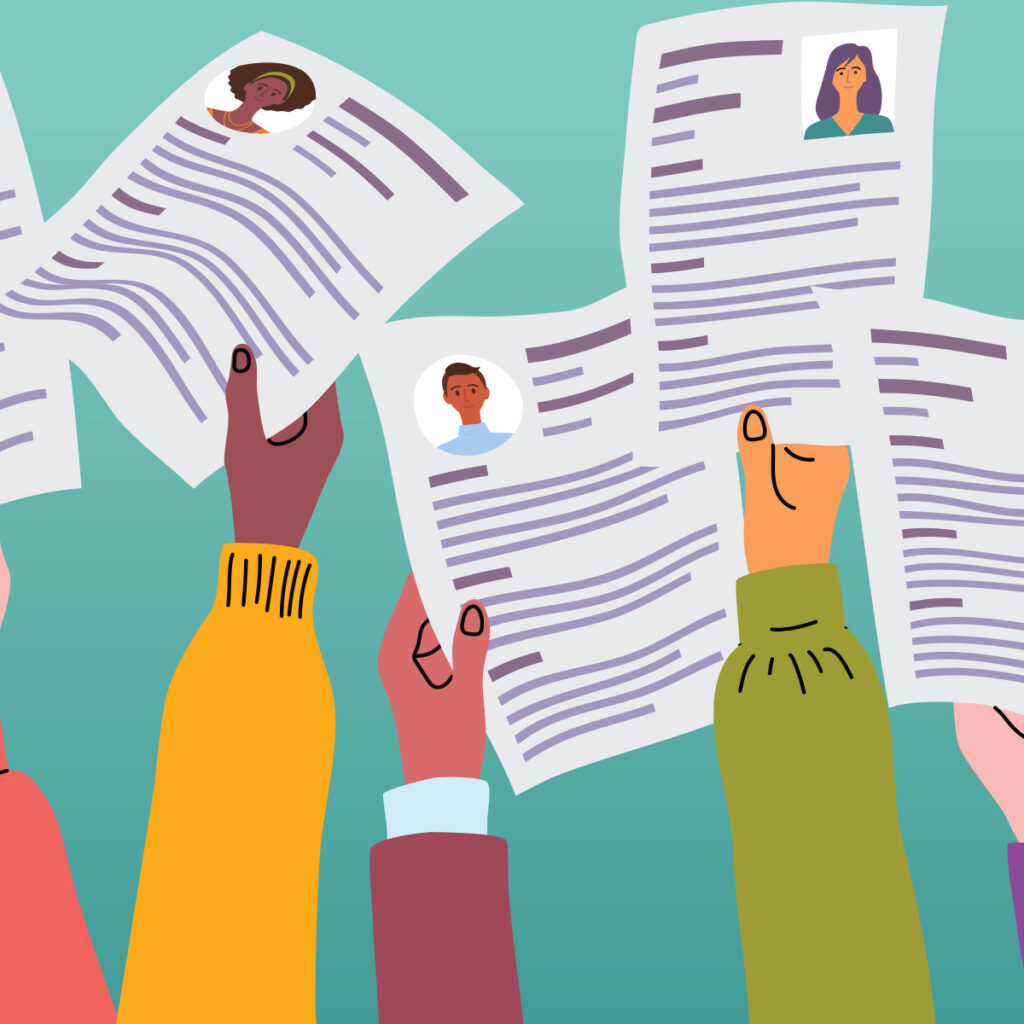For most of us, we spend more waking hours at the office than anywhere else.
And our workplace environments, specifically our day-to-day interactions with co-workers, have a profound impact on our attitude, performance, and overall well-being. According to Casey Caldwell, a clinical mental health counselor at Henegar Counseling Center, “A healthy and happy workplace is synonymous with success in both a professional and personal capacity, and the cornerstone of this success is healthy relationships.”
Here, Caldwell offers her advice on building and maintaining healthy workplace relationships.
How to: Establish boundaries.
Establishing healthy boundaries with your co-workers is critical – it can help save you time, resources, and energy. Caldwell recommends first modeling the boundaries you want to set yourself, and being realistic in your expectations of others. Boundaries are established through honest, clear communication. If a co-worker spends 30+ minutes at your desk every morning chatting about the latest TV show, it’s perfectly acceptable to provide them with feedback such as, “I’m actually in the middle of working on something right now. Can we discuss this later?” Or, if a group of co-workers is gossiping about office drama, you can politely excuse yourself from the conversation.
How to: Know when a workplace relationship is NOT healthy.
Signs of a toxic work relationship can include gossip, negativity, lack of respect, and a disregard for personal space. Ask yourself questions like, “Am I being treated differently than others in the workplace? Is my co-worker’s behavior making me feel nervous or uncomfortable?” If the answer is yes, listen to your feelings and take action. Above all, Caldwell advises trusting your gut: “If you feel as if your personal boundaries are being violated, speak up! If you don’t feel comfortable talking directly to your co-worker, arrange a meeting with someone in HR to discuss the issue.”
Top Five Tips for Healthy Workplace Relationships
1. Have defined and clear expectations both for yourself and your co-workers.
2. Take advantage of work functions and built-in occasions for community with co-workers.
3. Show your co-workers respect, in turn eliciting respect from them.
4. Have a team-player mentality, sharing opportunities and recognition with co-workers.
5. Avoid gossip and negativity, finding other healthy outlets to process work struggles.
How to: Deal with your office frienemy.
You might be feeling guilty about your feelings toward the newest office hire, but Caldwell assures that it’s okay not to like someone! “We are all humans with varying preferences, likes and dislikes,” she relates. “You don’t have to be best friends with each person you work with, but it is essential to be respectful and professional.” She suggests that if a co-worker upsets or offends you, go to them directly to address the issue. “Try using the ‘I feel (blank) when you (blank)’ formula, speaking about the way their action has made you feel rather than using an accusatory tone,” she says.
How to: Be a better co-worker.
Only you can control your own actions and behavior, so try bettering yourself to build healthier workplace relationships. Always follow through on your commitments to your co-workers, and be willing to extend help to others in times of need. It’s important to create opportunities for interaction with your co-workers as well. As Caldwell puts it, “Whether it’s an open door during lunch or just a smile on the way down the hall to get coffee, investing in the people you work alongside creates feelings of appreciation and comradery.” Work can be tough, and knowing you’re in it together can benefit you and those around you!

Casey Caldwell
Clinical Mental Health Counselor, Henegar Counseling Center




